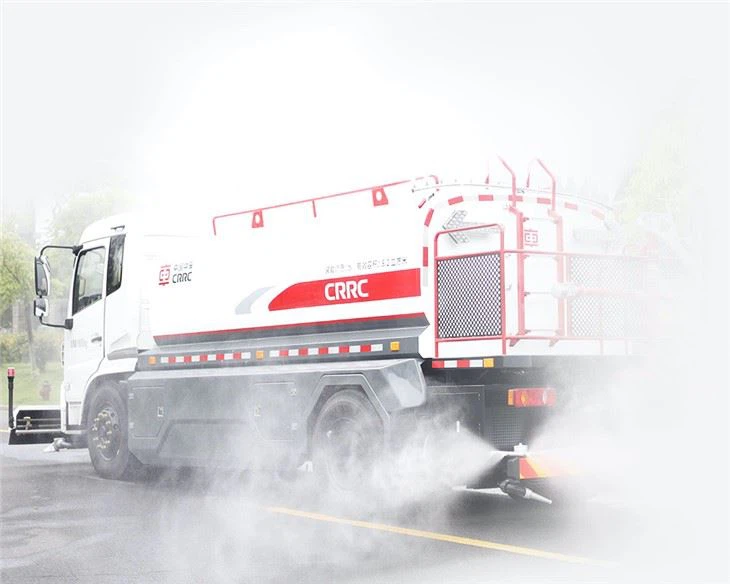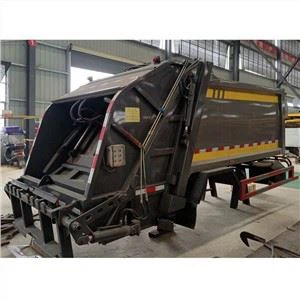Introduction to Wrecker Trucks
Wrecker trucks, also known as tow trucks, are specialized vehicles designed primarily for towing or recovering vehicles that have broken down or been involved in accidents. These trucks play a critical role in the automotive recovery ecosystem, providing essential services to motorists and businesses alike. Understanding the various types of wrecker trucks, their uses, and the factors to consider when purchasing or renting one is vital for anyone involved in transportation or roadside assistance. In this comprehensive guide, we will explore everything you need to know about wrecker trucks.
The Different Types of Wrecker Trucks
Wrecker trucks come in different configurations, each tailored for specific towing capacities and scenarios. Here are the main types:
1. Flatbed Tow Trucks
Flatbed tow trucks feature a flat, open bed that allows vehicles to be driven or winched onto the platform. These trucks are ideal for towing damaged or inoperative vehicles, as they eliminate the possibility of further damage during transport.
- Advantages: Prevents damage to towed vehicles, ideal for luxury or low-slung cars.
- Disadvantages: Generally have a lower towing capacity compared to other types.
2. Hook and Chain Tow Trucks
This traditional type of wrecker truck uses a hook and chain mechanism to lift the towed vehicle. While it is effective for light-duty applications, it is not commonly used anymore due to the potential for damage to the towed vehicle.
- Advantages: Cost-effective for light to medium loads.
- Disadvantages: Can cause damage to the vehicle being towed, not suitable for modern cars.
3. Wheel Lift Tow Trucks
Wheel lift tow trucks employ a metal yoke that lifts the vehicle by its wheels, transferring the weight to the truck’s rear. This type is common in roadside assistance due to its efficiency and ease of use.
- Advantages: Quick deployment, no need to drive the towed vehicle onto the flatbed.
- Disadvantages: Limited to towed vehicles with good tire conditions.
4. Integrated Tow Trucks
Integrated tow trucks have a built-in towing unit that combines a flatbed and a boom for heavy-duty towing. These trucks are capable of handling very heavy loads and are often used for commercial applications.
- Advantages: High towing capacity, versatile for various towing scenarios.
- Disadvantages: Higher initial cost and maintenance compared to other types.
Key Components of Wrecker Trucks
Understanding the key components of wrecker trucks can help in choosing the right one for your needs.
1. Boom
The boom is a powerful lifting mechanism that can be extended or retracted to recover vehicles from difficult positions.
2. Winch
Many wrecker trucks are equipped with a winch to pull vehicles out of tough spots, such as ditches or parking lots.
3. Hydraulic System
A hydraulic system is crucial for lifting and tilting operations, providing the necessary force needed to operate the boom and lift mechanisms.
4. Tires and Suspension
Wrecker trucks must have heavy-duty tires and a robust suspension system to handle the weight of towed vehicles and navigate rough terrain.
Choosing the Right Wrecker Truck
Selecting the perfect wrecker truck involves analyzing various factors that align with your operational needs. Here are some essential considerations:
1. Towing Capacity
Your choice should primarily depend on the towing capacity required for your typical loads. Light-duty trucks are suitable for passenger vehicles, while heavy-duty trucks are needed for larger commercial vehicles.
2. Type of Vehicles Towed
Consider the types of vehicles you will be towing. If you anticipate handling luxury or sports cars, a flatbed is likely the best option to avoid damage.
3. Budget
Your budget will dictate whether you buy new or used. Factor in maintenance costs, fuel consumption, and insurance.
4. Compliance with Regulations
Check federal and state regulations to ensure that your wrecker truck meets all safety and operational standards.
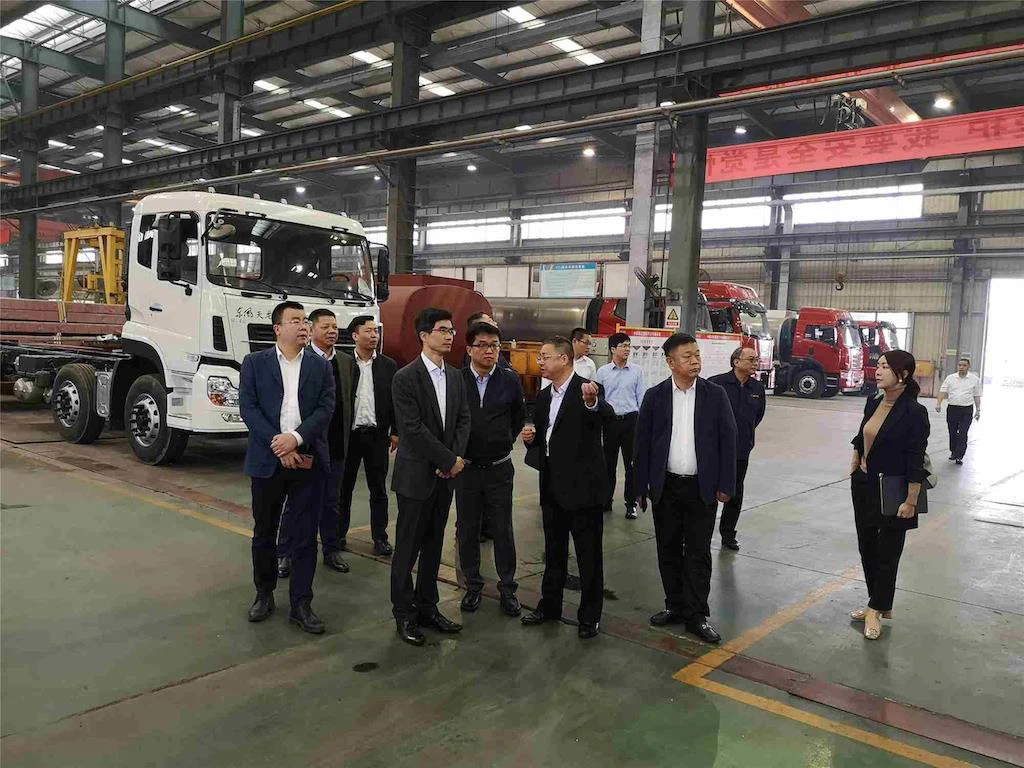
Maintenance Tips for Wrecker Trucks
1. Regular Inspections
Conduct routine inspections of the entire wrecker truck, including tires, brakes, lights, and hydraulic systems, to identify and address issues early.
2. Fluid Checks
Regularly check engine oil, transmission fluid, brake fluid, and hydraulic fluid levels to ensure optimal operation of the truck’s systems.
3. Cleanliness
Keep both the exterior and interior of the wrecker truck clean to prevent rust and debris from impairing functionality.
4. Scheduled Maintenance
Adhere to the manufacturer’s recommended maintenance schedule for significant services and part replacements.
Using Wrecker Trucks Effectively
Utilizing wrecker trucks efficiently can maximize business profitability. Here are strategies for effective use:
1. Proper Training
Ensure that all operators are trained and certified in operating wrecker trucks to minimize accidents and enhance service quality.
2. Efficient Dispatching
Implement an efficient system for dispatching wrecker trucks to reduce response time and improve customer satisfaction.
3. Customer Communication
Keep customers informed during the recovery process to build trust and enhance service reputation.
4. Diversify Services
Consider offering additional services, such as roadside assistance or vehicle storage, to diversify income streams.
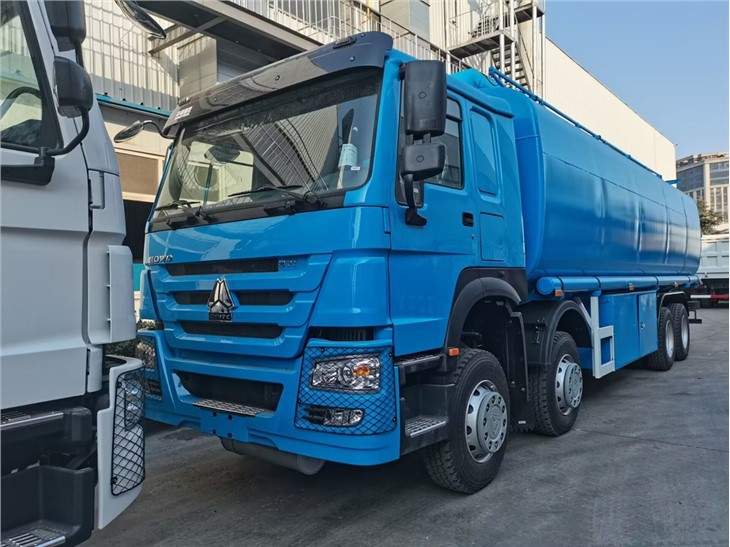
Real-life Applications of Wrecker Trucks
Wrecker trucks serve a multitude of functions in various industries. Here are some real-life applications:
1. Roadside Assistance
Wrecker trucks are commonly used by roadside assistance companies to help stranded motorists with flat tires, battery failures, or accidents.
2. Recovery Operations
In the event of car accidents, wrecker trucks are dispatched to recover mangled vehicles from roadways safely.
3. Parking Enforcement
Wrecker trucks are frequently used in urban settings for the enforcement of parking regulations by towing illegally parked vehicles.
The Future of Wrecker Trucks
The landscape for wrecker trucks is evolving with technology. Here’s what the future may hold:
1. Electric Tow Trucks
The rise of electric vehicles is prompting the development of electric tow trucks, which promise lower operating costs and environmental benefits.
2. Advanced Safety Features
Future wrecker trucks may incorporate more sophisticated safety technology, enhancing operator safety and reducing accidents.
3. Smart Technology Integration
Integration of smart technology and telematics can provide real-time data on vehicle performance and maintenance needs, improving fleet management.
Common FAQs About Wrecker Trucks
1. What is the average cost of a wrecker truck?
The cost of wrecker trucks can vary widely based on type and capacity, ranging from $30,000 for light-duty to over $150,000 for heavy-duty models.
2. How can I finance a wrecker truck purchase?
Options for financing include bank loans, leasing, and specialized finance companies that cater specifically to commercial vehicle purchases.
3. Are there any licenses required to operate a wrecker truck?
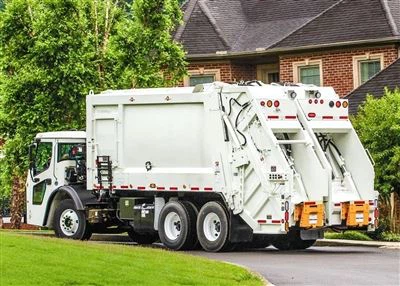
Yes, operators typically need a commercial driver’s license (CDL) along with a specific endorsement based on the type of truck being operated.
4. How often should I perform maintenance on my wrecker truck?
Regular maintenance checks should be carried out every 3-6 months or as recommended by the truck manufacturer, depending on usage.
5. Can wrecker trucks tow heavy equipment?
Yes, many wrecker trucks are designed to tow heavy equipment, especially those in the integrated tow truck category.
6. What should I do if my wrecker truck breaks down?
If your wrecker truck breaks down, contact roadside assistance, a towing company, or have a backup vehicle to maintain service capability.




